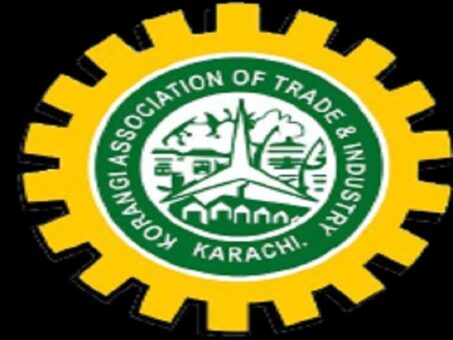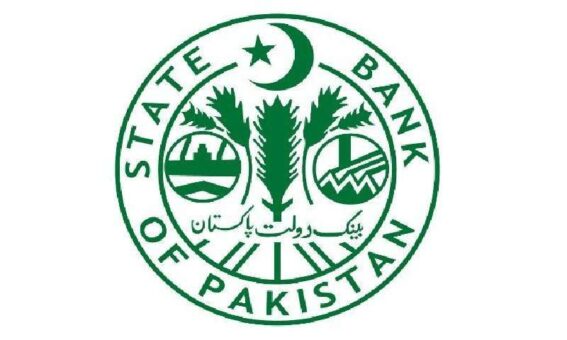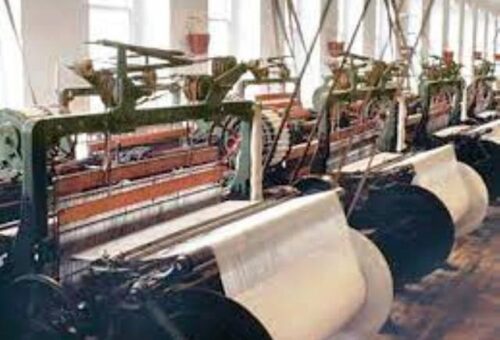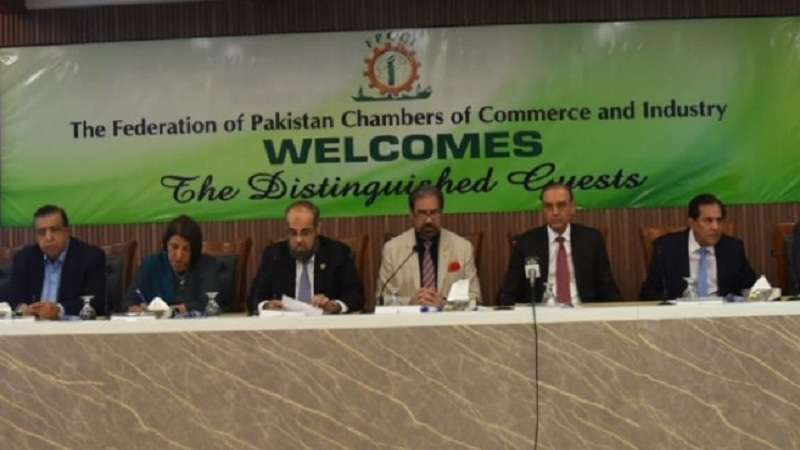KARACHI: Federation of Pakistan Chambers of Commerce and Industry (FPCCI) on Wednesday said that documentation of economy is a must to bridge fiscal deficit.
(more…)Category: Trade & Industry
This section covers news on trade and industry. Pakistan Revenue is committed to providing the latest updates on business trends.
-

FPCCI warns black economy to boost on high interest rate
KARACHI: Federation of Pakistan Chambers of Commerce and Industry (FPCCI) has warned the government that industry will opt black economy as formal banking channels are out of reach due to high interest rate.
(more…) -

KATI terms benchmark interest rate hike as disastrous
KARACHI: Korangi Association of Trade and Industry (KATI) Tuesday express serious concerns over hike in benchmark policy rate and termed it as disastrous for the economy.
(more…) -

KCCI hails decision to waive demurrage, port charges
Karachi Chamber of Commerce and Industry (KCCI) on Tuesday appreciated the government decision to waive demurrage and port charges on all stuck up containers.
(more…) -

SBP allows one-time facilitation to importers for consignment clearance
KARACHI: State Bank of Pakistan (SBP) on Monday allowed one-time facilitation to importers who arrange funds to settle pending import payments.
(more…) -

SBP issues instructions to banks for sugar export
KARACHI: State Bank of Pakistan (SBP) on Saturday issued instructions to banks regarding export of sugar that was allowed by the government.
(more…) -

PAAPAM rejects import of second-hand tractors
KARACHI: Pakistan Association of Autoparts and Accessories Manufacturers (PAAPAM) has rejected the Economic Coordination Committee (ECC)’s decision to import second-hand tractors.
(more…) -

PYMA demands removing restrictions on LCs for textile industry
KARACHI: Pakistan Yarn Merchants Association (PYMA) has demanded the central bank remove restrictions on opening of Letter of Credits (LCs) for the textile industry.
(more…) -

Demurrage, detention charges cause huge outflow of dollars: Chief Collector
KARACHI: A huge sum of dollars are going out of country because of demurrage and detention charges, said Muhammad Yaqoob Mako, Chief Collector, Customs Enforcement South, Karachi.
(more…) -

Dollar crisis: SBP striving to clear 11,000 import payment pending cases
KARACHI: Facing acute shortage of US dollar, the State Bank of Pakistan (SBP) is striving to clear 11,000 import payment pending cases, said SBP governor Jameel Ahmad on Wednesday.
(more…)